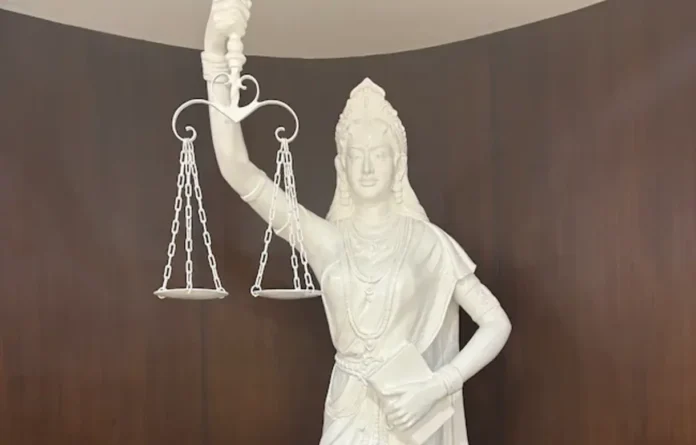The Supreme Court has upheld JSW Steel’s resolution plan for Bhushan Power & Steel Ltd (BPSL), dismissing various appeals that had sought to invalidate it. A bench led by Chief Justice B.R. Gavai, together with Justices Satish Chandra Sharma and Vinod Chandran, rejected arguments challenging the Rs 19,700-crore plan, holding that the delays in execution could not be blamed on the Committee of Creditors (CoC) or the State Recapitalisation Authority (SRA). The bench emphasized that once a resolution plan is approved by the CoC, reopening claims amounts to violating the statutory framework, and that the commercial judgment exercised in the plan cannot be lightly interfered with.
The Court further noted that JSW had invested heavily in reviving BPSL, transforming it into a profitable entity, and should not be penalised for doing so. This ruling reverses the Court’s May 2025 decision, which had struck down the plan and ordered liquidation of BPSL under Article 142, after finding that the CoC had erred in its approval. That earlier judgment was subsequently recalled to permit reconsideration of the matter in light of arguments that the application of principles under the Insolvency and Bankruptcy Code (IBC) had been misapplied or misunderstood.
In the renewed hearing, the CoC, represented by the Solicitor General, urged enforcement of the resolution plan and defended the treatment of convertible debentures (CCDs) as equity. JSW’s counsel underscored the challenges faced—particularly delays arising from asset attachments by the Enforcement Directorate—but maintained that the company had honoured its commitments despite such hurdles. The former promoters argued that, once approved, a resolution plan should not be reopened and that claims based on future profitability are speculative and not grounds for alteration.
The Apex Court held that the resolution plan must stand, rejecting pleas to revisit its terms and enforcing respect for both the CoC’s commercial decisions and the legal certainty intended by the IBC framework.


